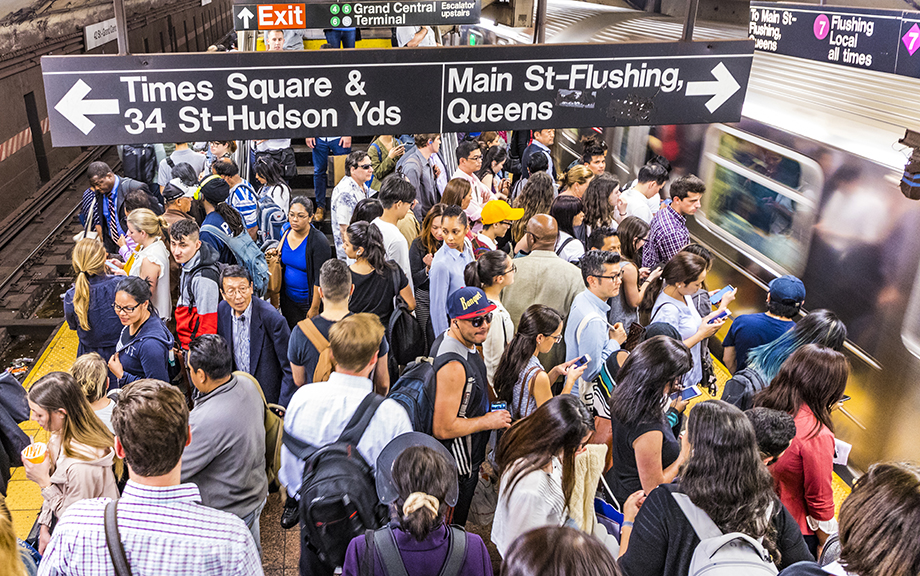What Have Workers Done with the Time Freed up by Commuting Less?

The COVID-19 pandemic has dramatically changed the way Americans spend their time. One of the most enduring shifts has occurred in the workplace, with millions of employees making the switch to work from home. Even as the pandemic has waned, more than 15 percent of full-time employees remain fully remote and an additional 30 percent work in hybrid arrangements (Barrero, Bloom, and Davis). These changes have substantially reduced time spent commuting to work; in the aggregate, Americans now spend 60 million fewer hours traveling to work each day. In this post, we investigate how people spend this saved time on other activities. Using detailed data from the American Time Use Survey (ATUS), we find that employed individuals allocate their saved commute time toward leisure activities and sleeping, while reducing overall work hours.
The Economics of Bank Supervision: So Much to Do, So Little Time

Thomas M. Eisenbach, David O. Lucca, and Robert M. Townsend While bank regulation and supervision are the two main components of banking policy, the difference between them is often overlooked and the details of supervision can appear shrouded in secrecy. In this post, which is based on a recent staff report, we provide a framework […]











 RSS Feed
RSS Feed Follow Liberty Street Economics
Follow Liberty Street Economics